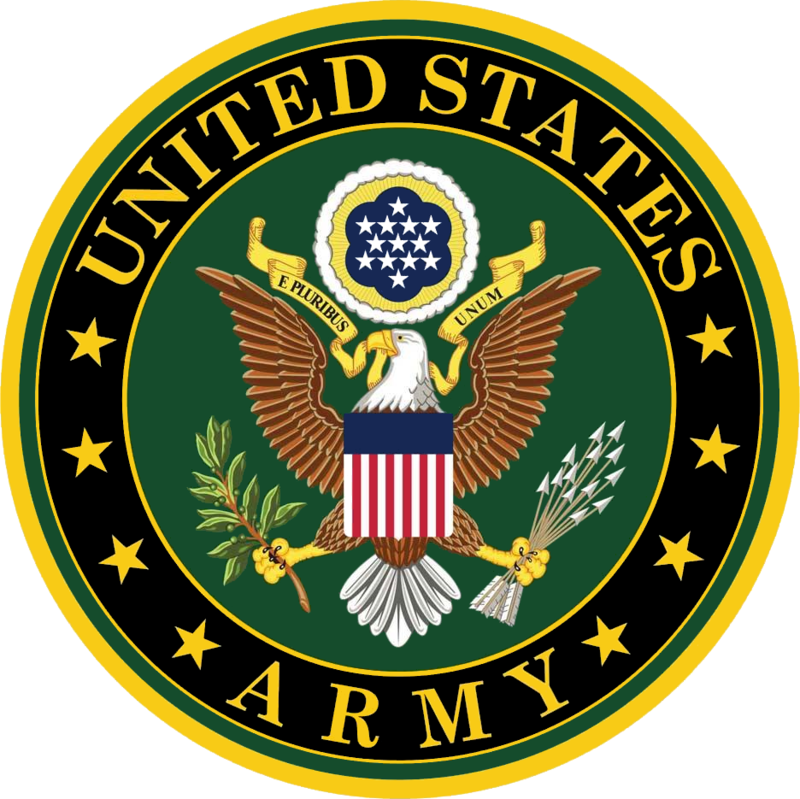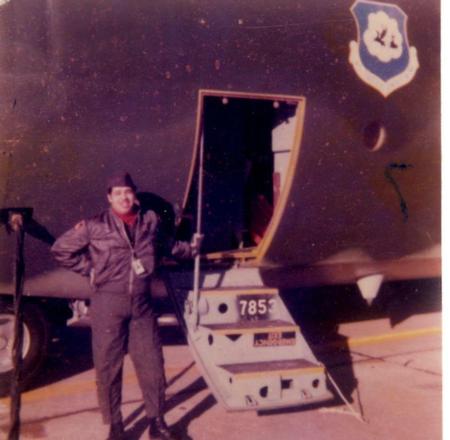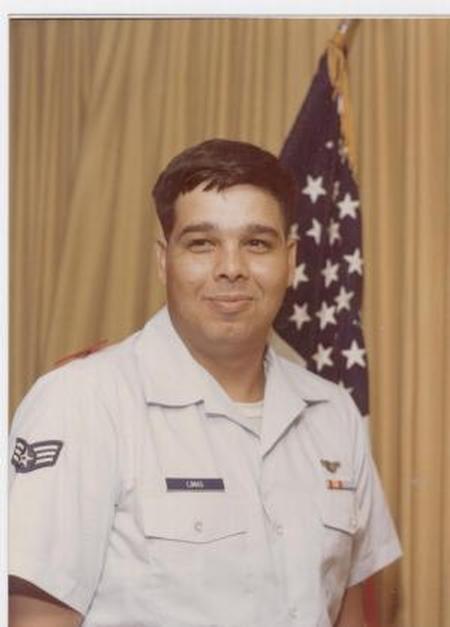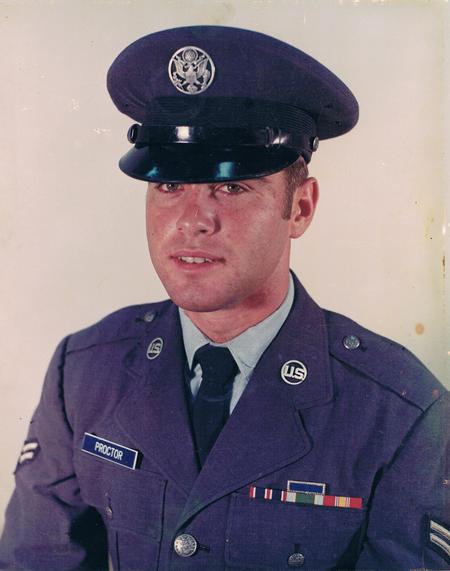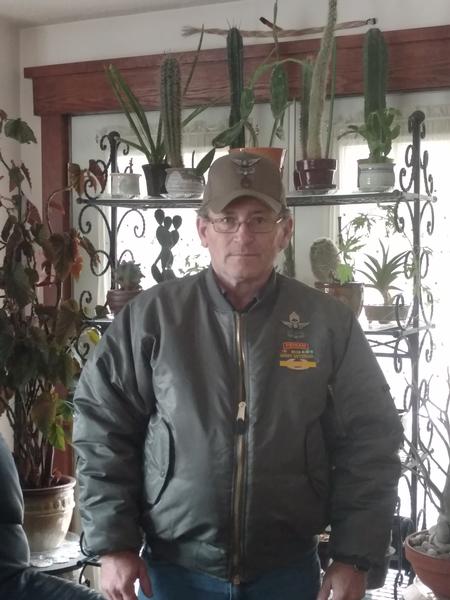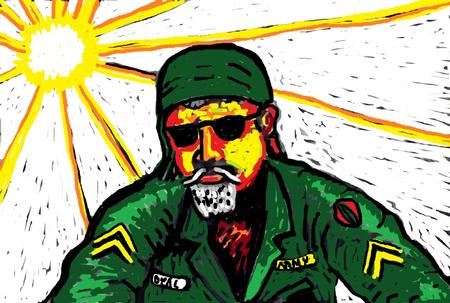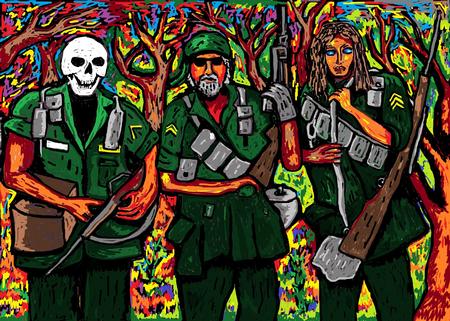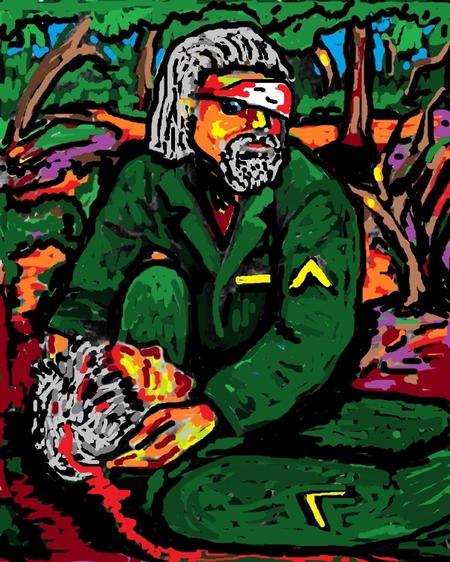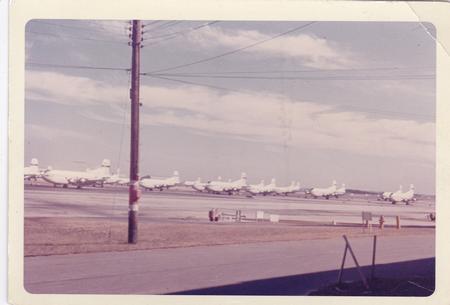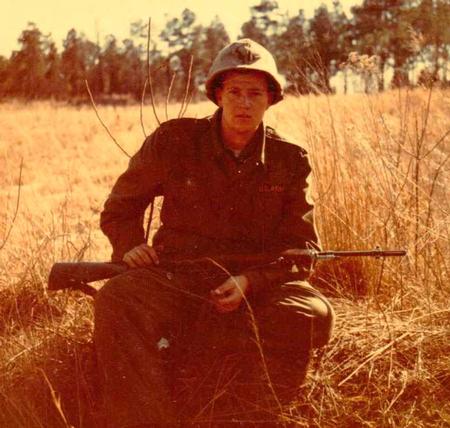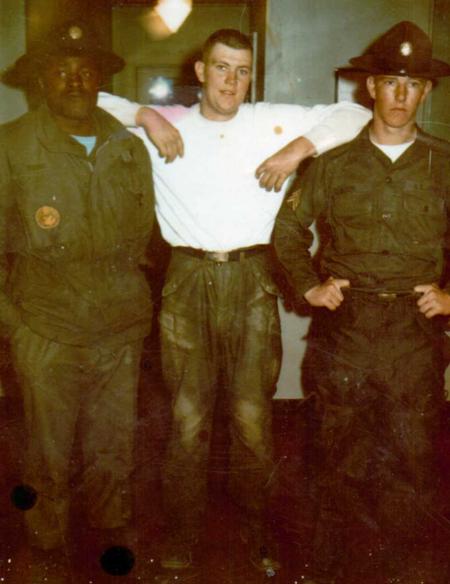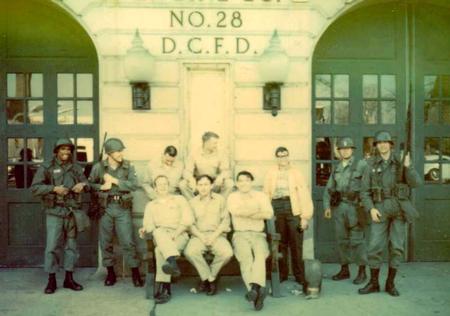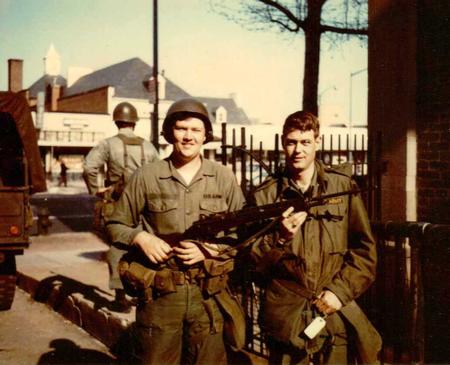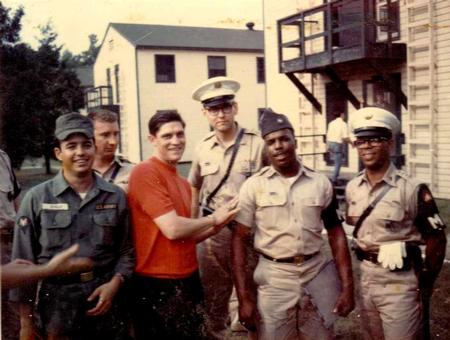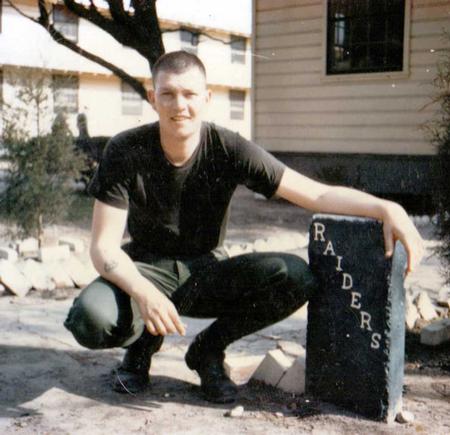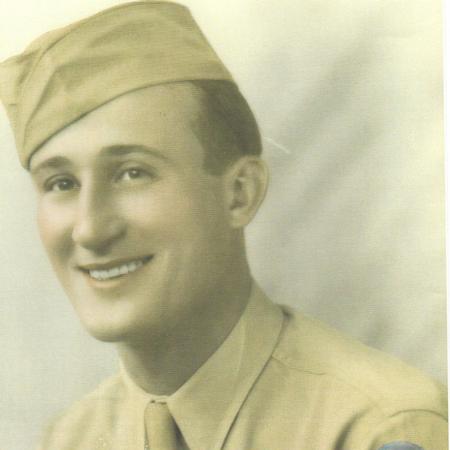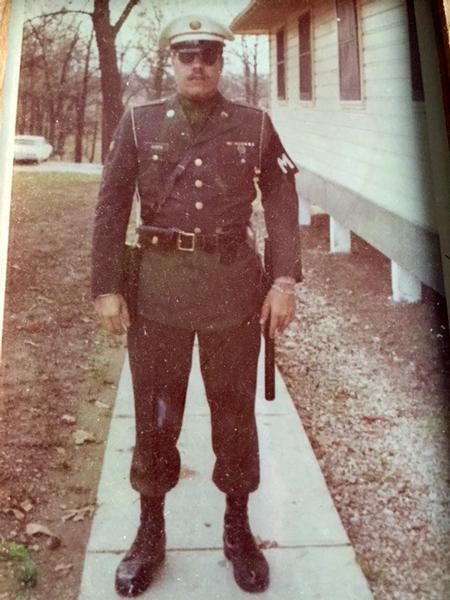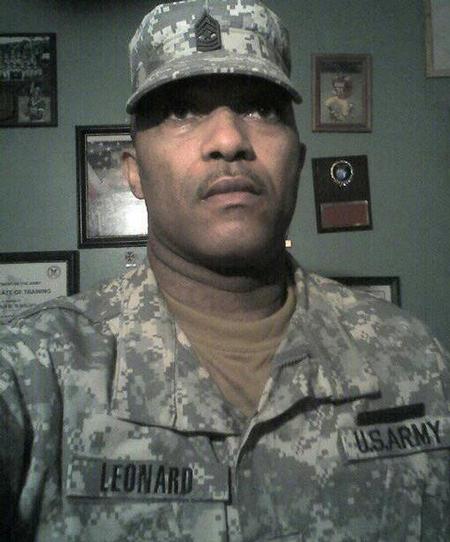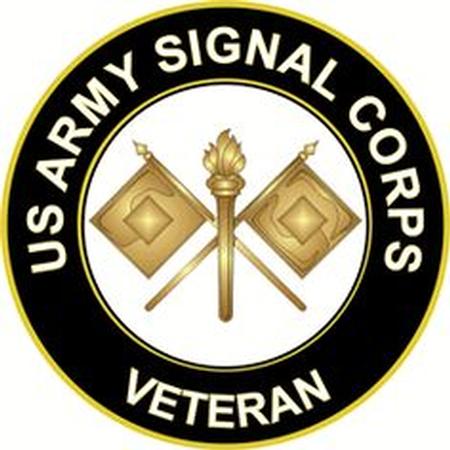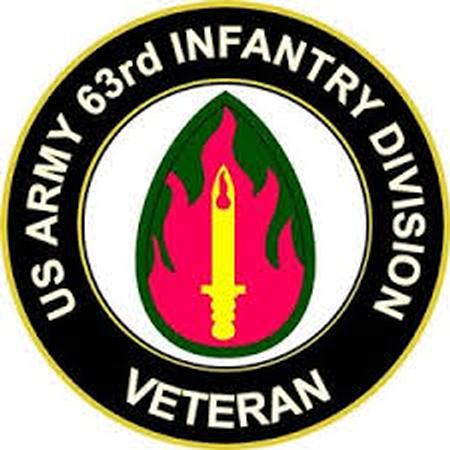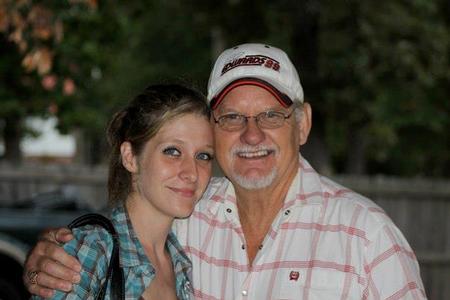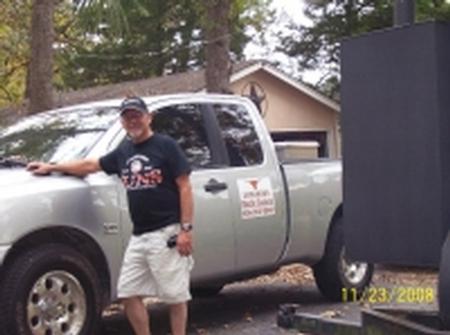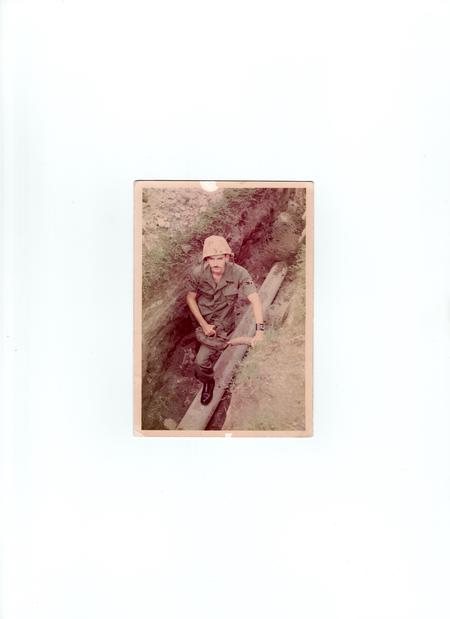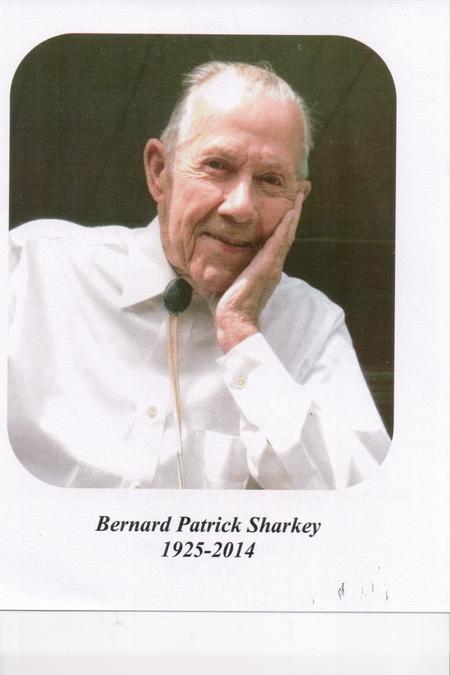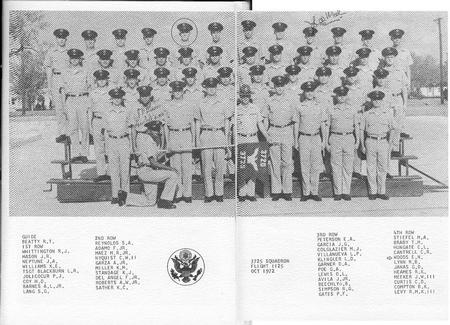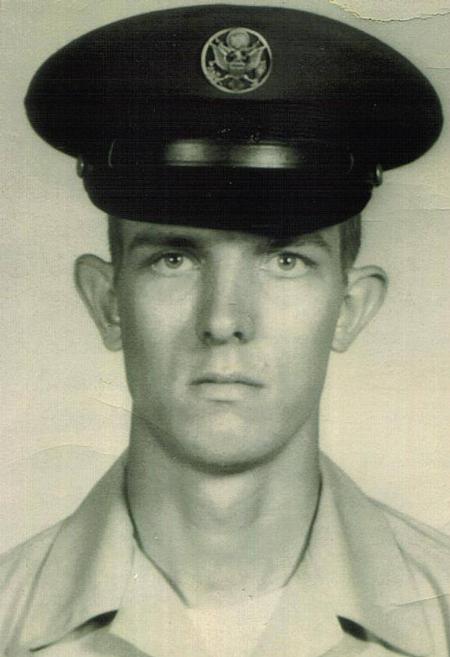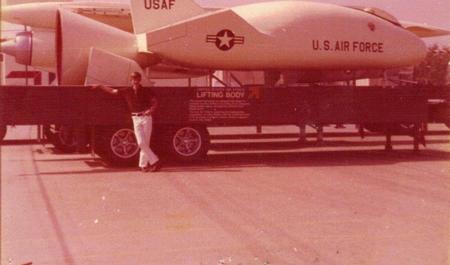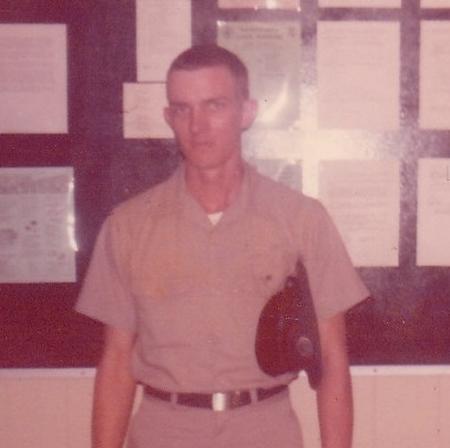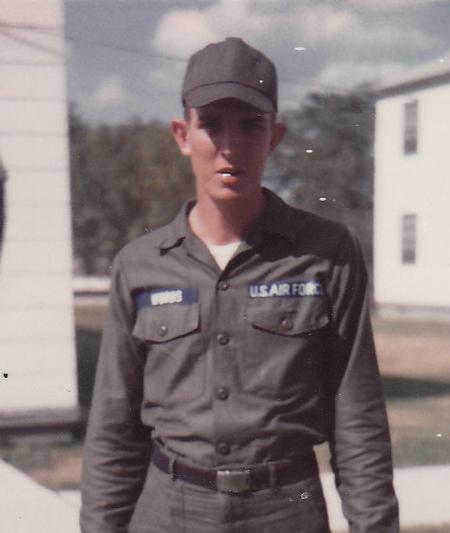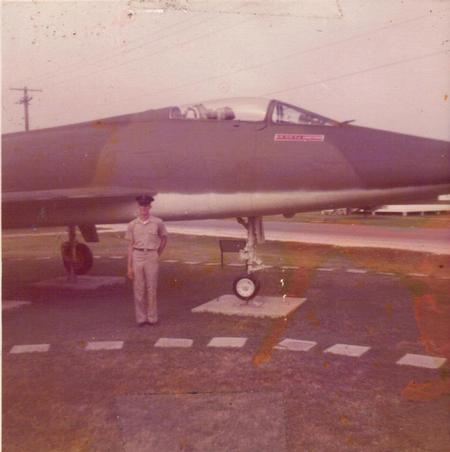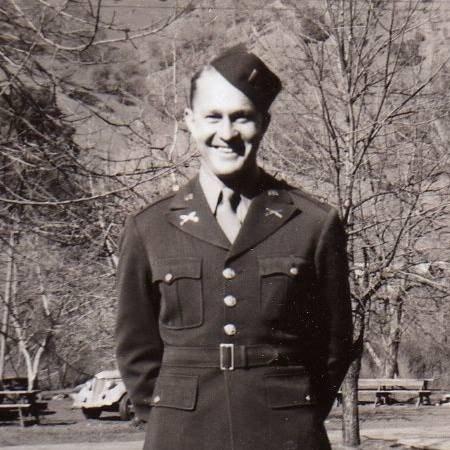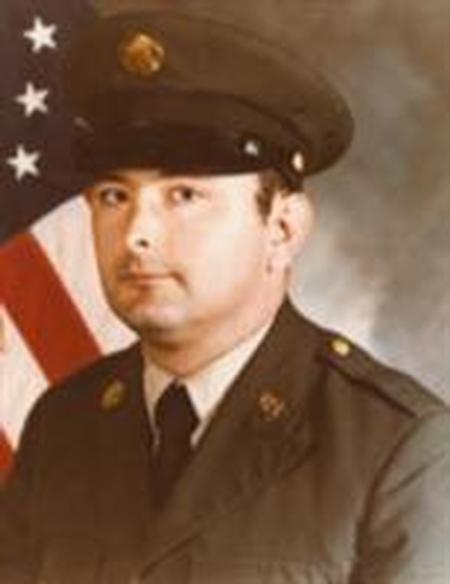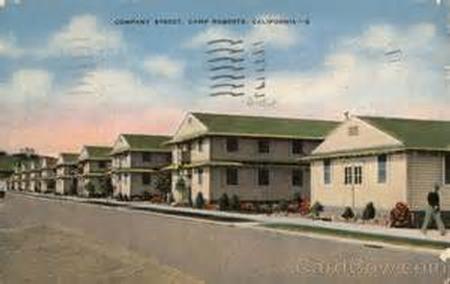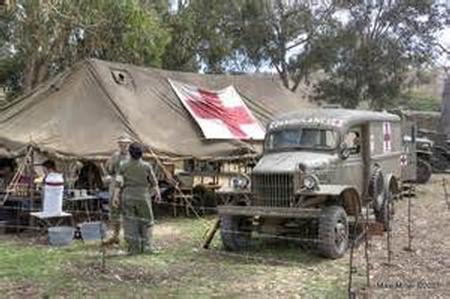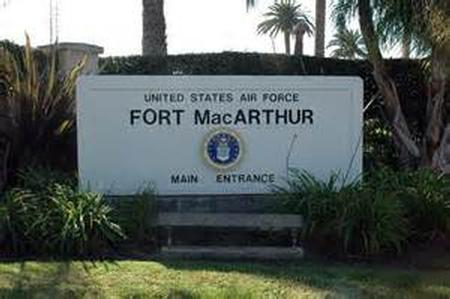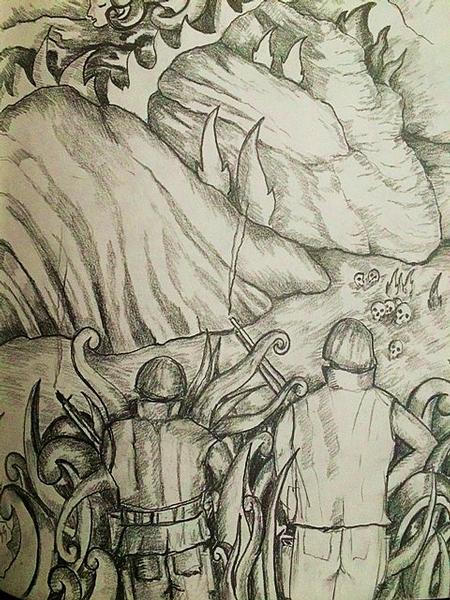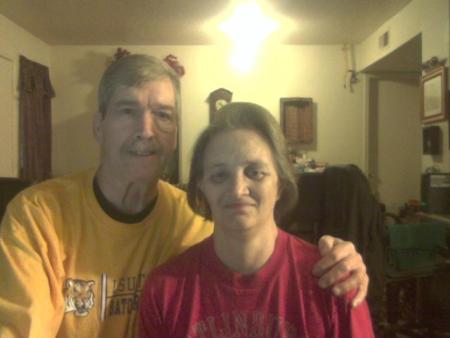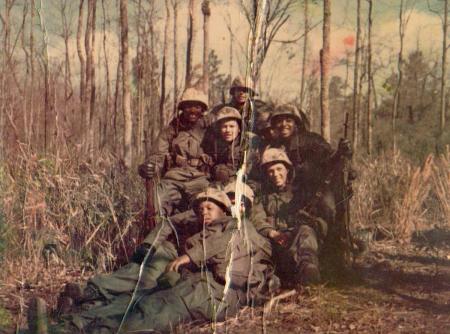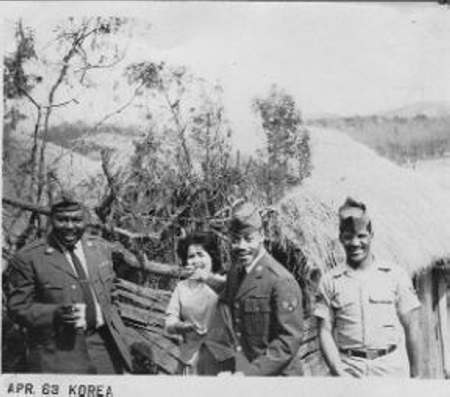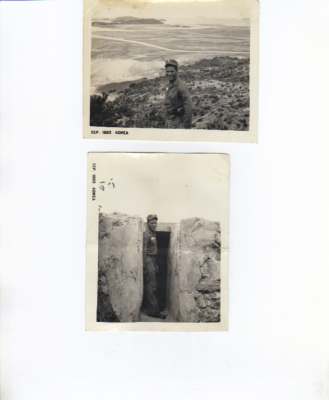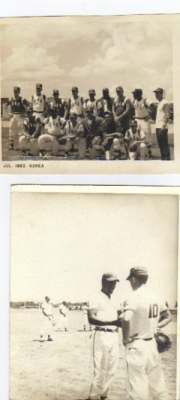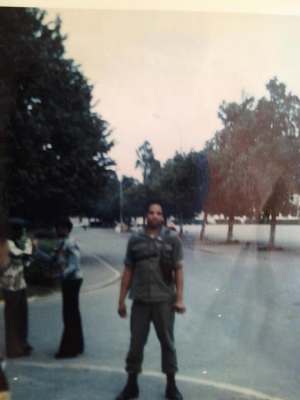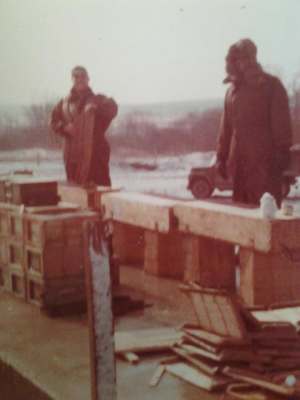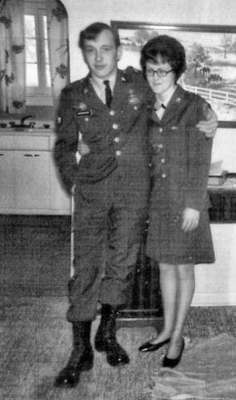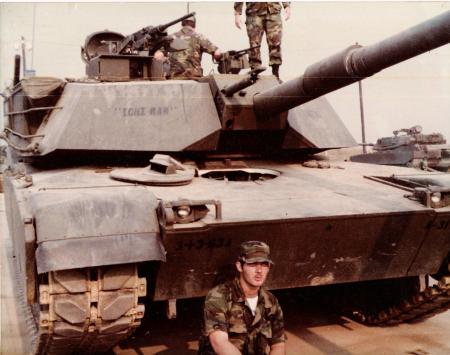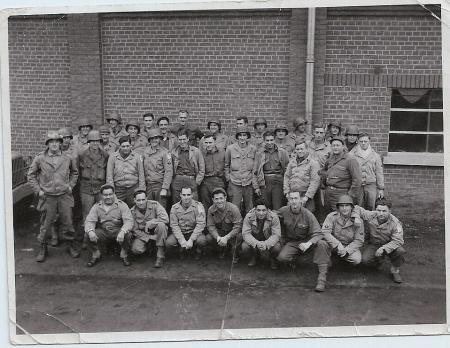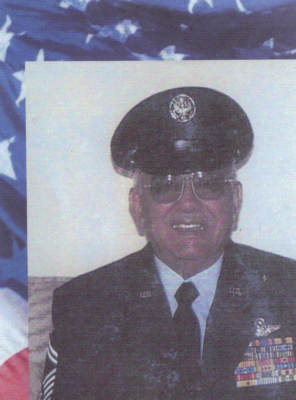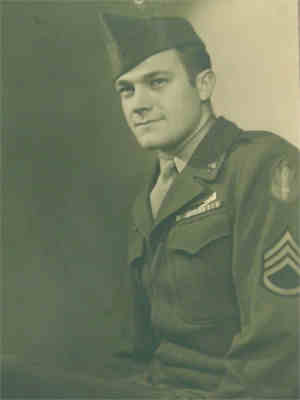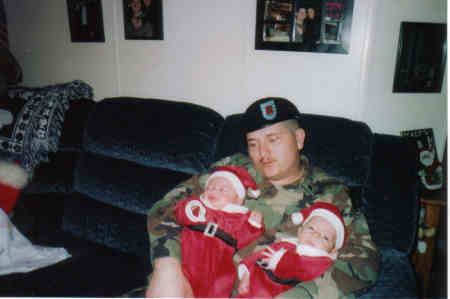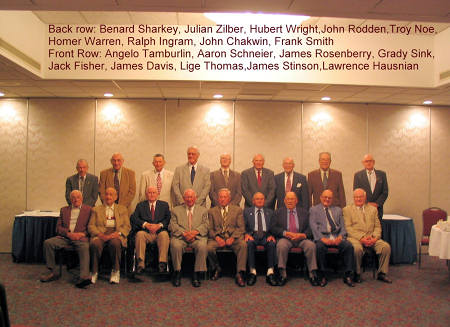ABOUT 63rd RRC:RSC
- Origins in World War II: The 63rd Infantry Division, which is the precursor to the 63rd RRC/RSC, was activated in 1943 and fought in France and Germany, earning the nickname "Blood and Fire" for its fierce combat performance.
- Postwar Evolution: After World War II, the division was deactivated but later reconstituted in the Army Reserve as the 63rd Army Reserve Command (ARCOM), eventually redesignated as the 63rd Regional Support Command (RSC) and later Regional Readiness Command (RRC).
- Geographic Coverage: The 63rd RRC/RSC oversaw Army Reserve units across the southwestern United States, with its headquarters at Los Alamitos, California.
- Critical Mobilization Role: During the Gulf War and subsequent operations, the 63rd RRC was responsible for mobilizing and deploying thousands of reserve soldiers to support national defense missions.
- Blood and Fire Patch: The division's distinctive insignia, a red flame over a blue background, commemorates the unit’s fierce fighting spirit and its WWII legacy.
- Community Support: The 63rd RRC/RSC played a vital role in supporting local communities during natural disasters, such as the 1994 Northridge earthquake, by providing personnel and resources for relief efforts.
- Veterans’ Legacy: The 63rd Infantry Division Association, formed by WWII veterans, remains active in preserving the history and camaraderie of the unit.
- Transformation and Realignment: In 2008, the 63rd RRC was inactivated as part of Army Reserve transformation, but its legacy continues through the 63rd Readiness Division, which supports readiness and training for Reserve units in the western U.S.
- Honoring Fallen Heroes: The 63rd RRC has memorialized its WWII casualties with monuments and annual ceremonies, ensuring their sacrifice is not forgotten.
- Notable Leaders: Throughout its history, the unit has produced several high-ranking military leaders, including Major General Louis E. Hibbs, who commanded the division in WWII and led it through critical battles in Europe.

